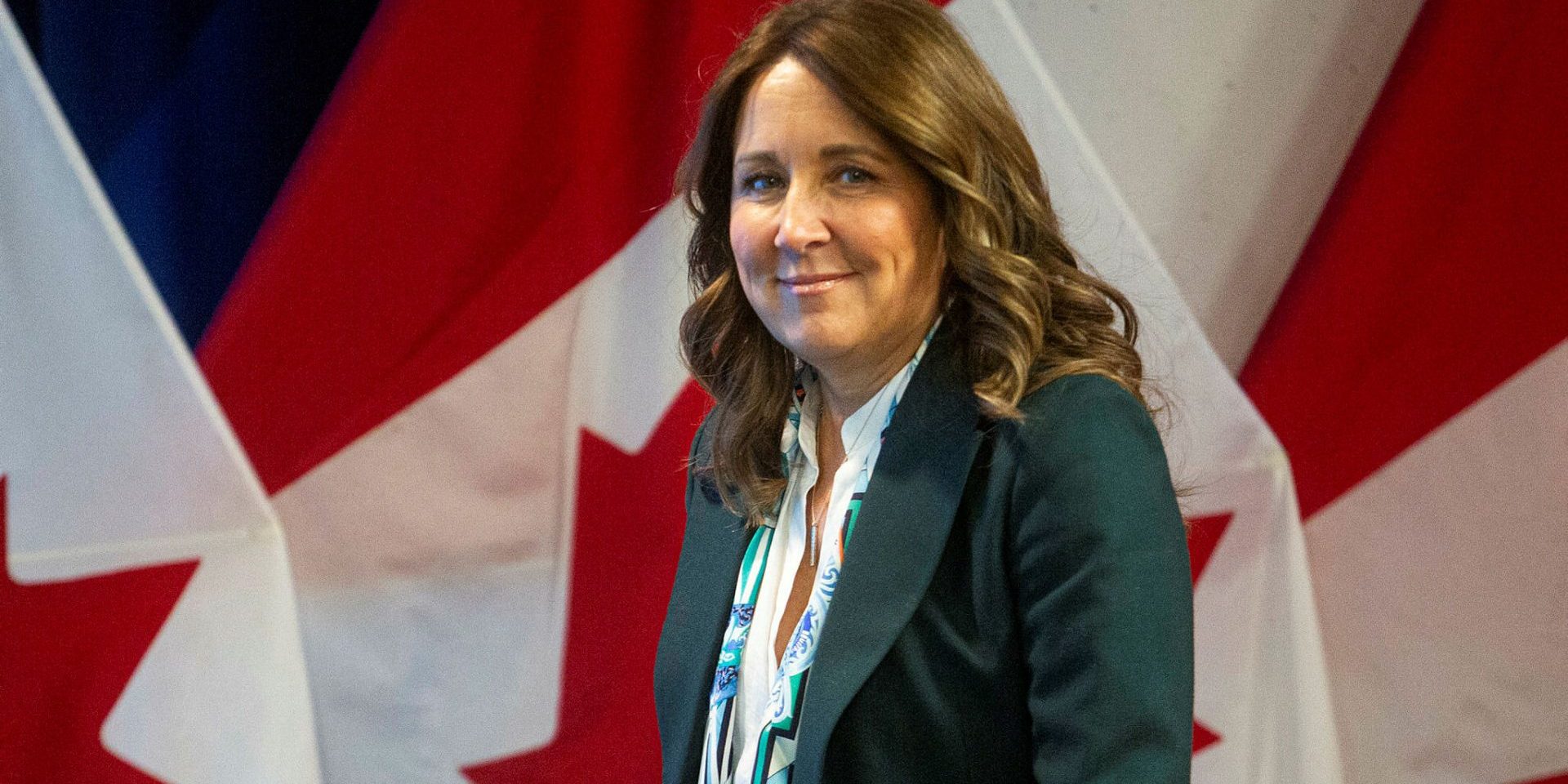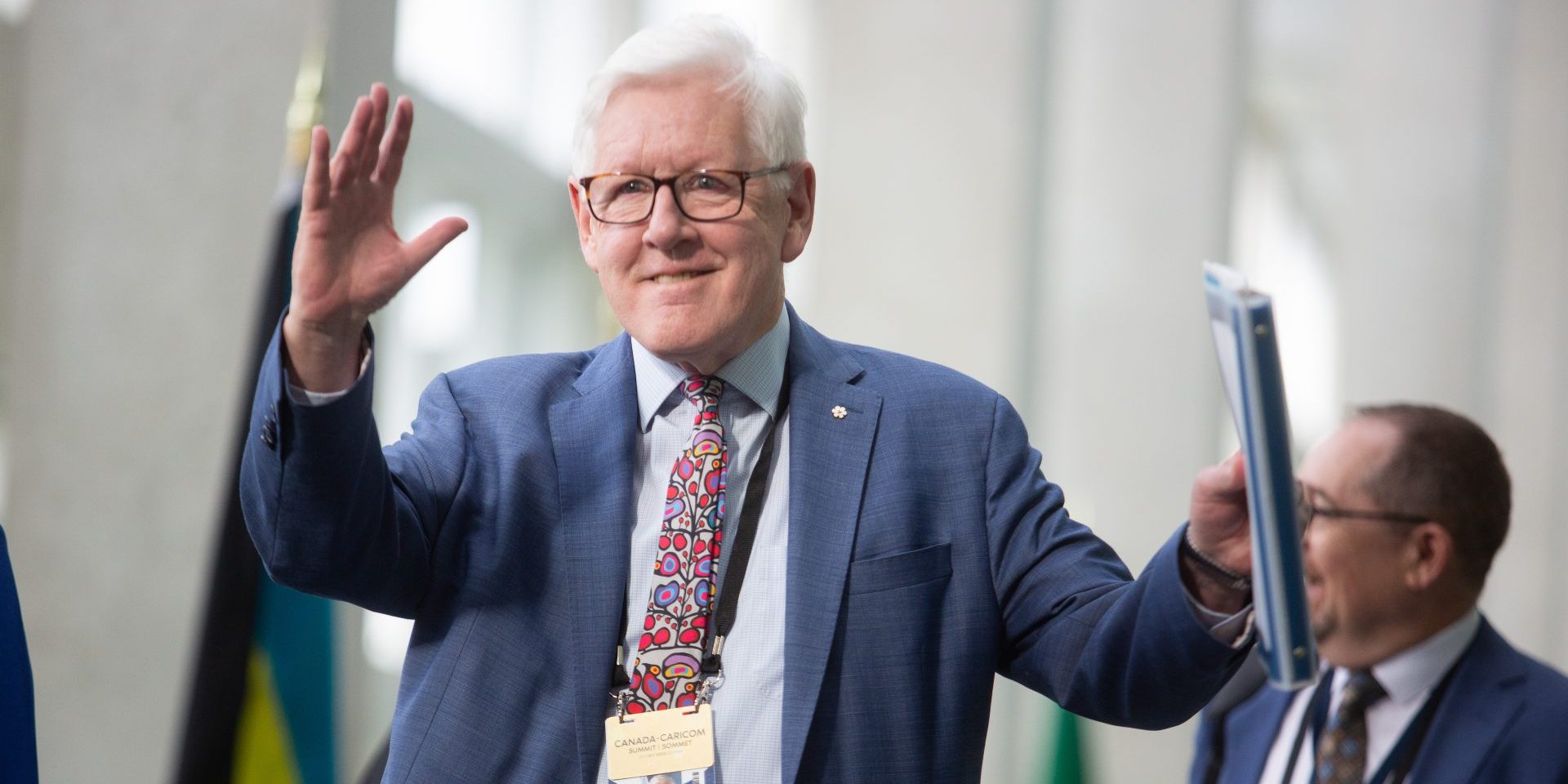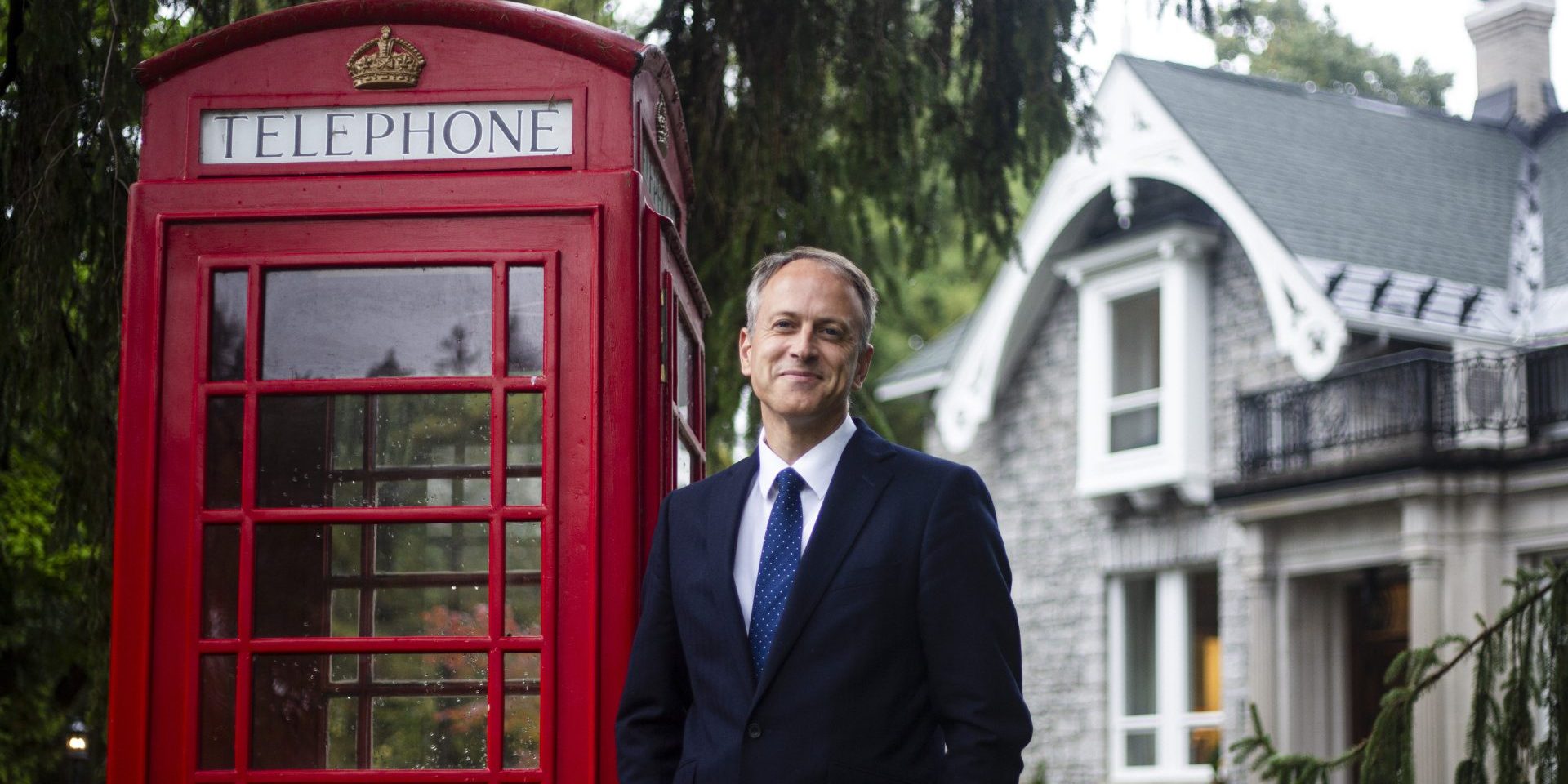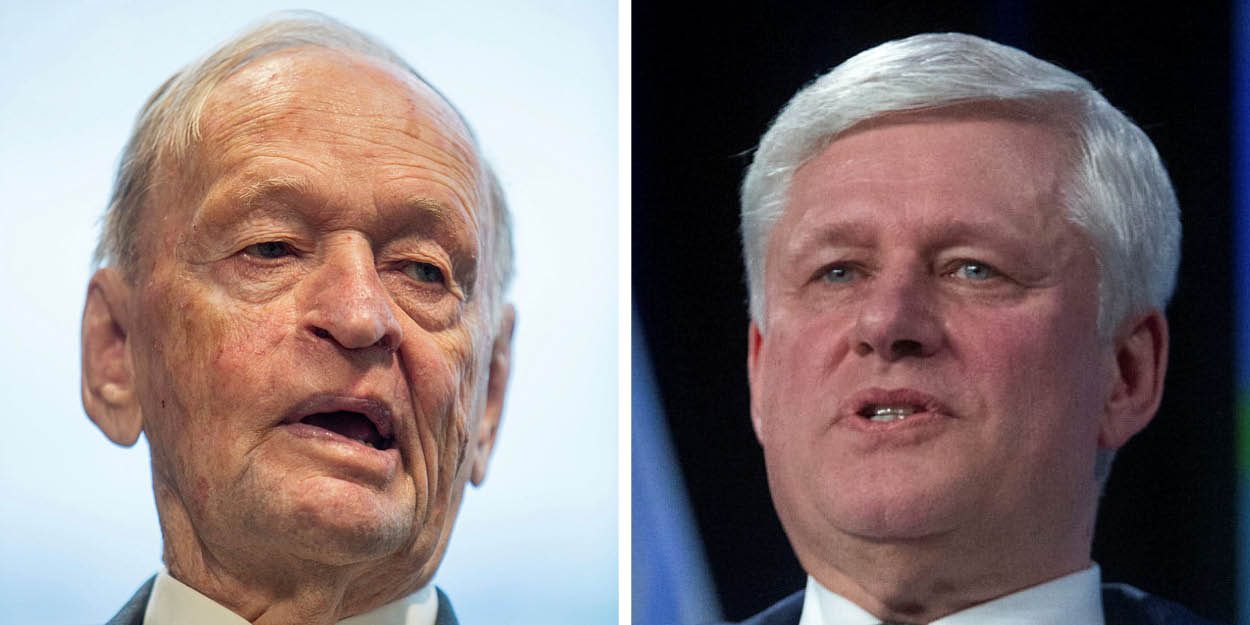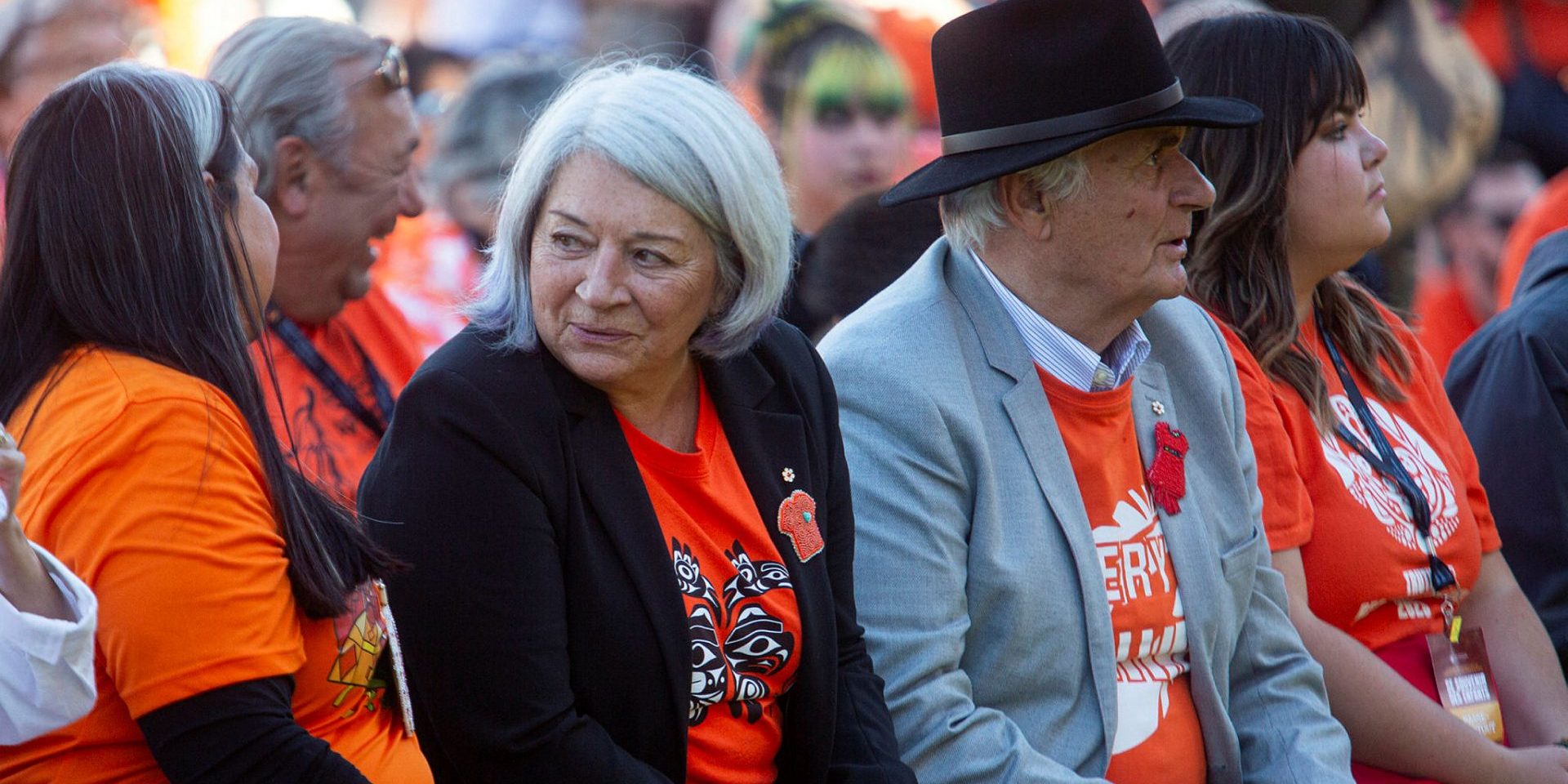‘No apologies for that one’: recently retired Senator Marc Gold talks nine years in the Chamber
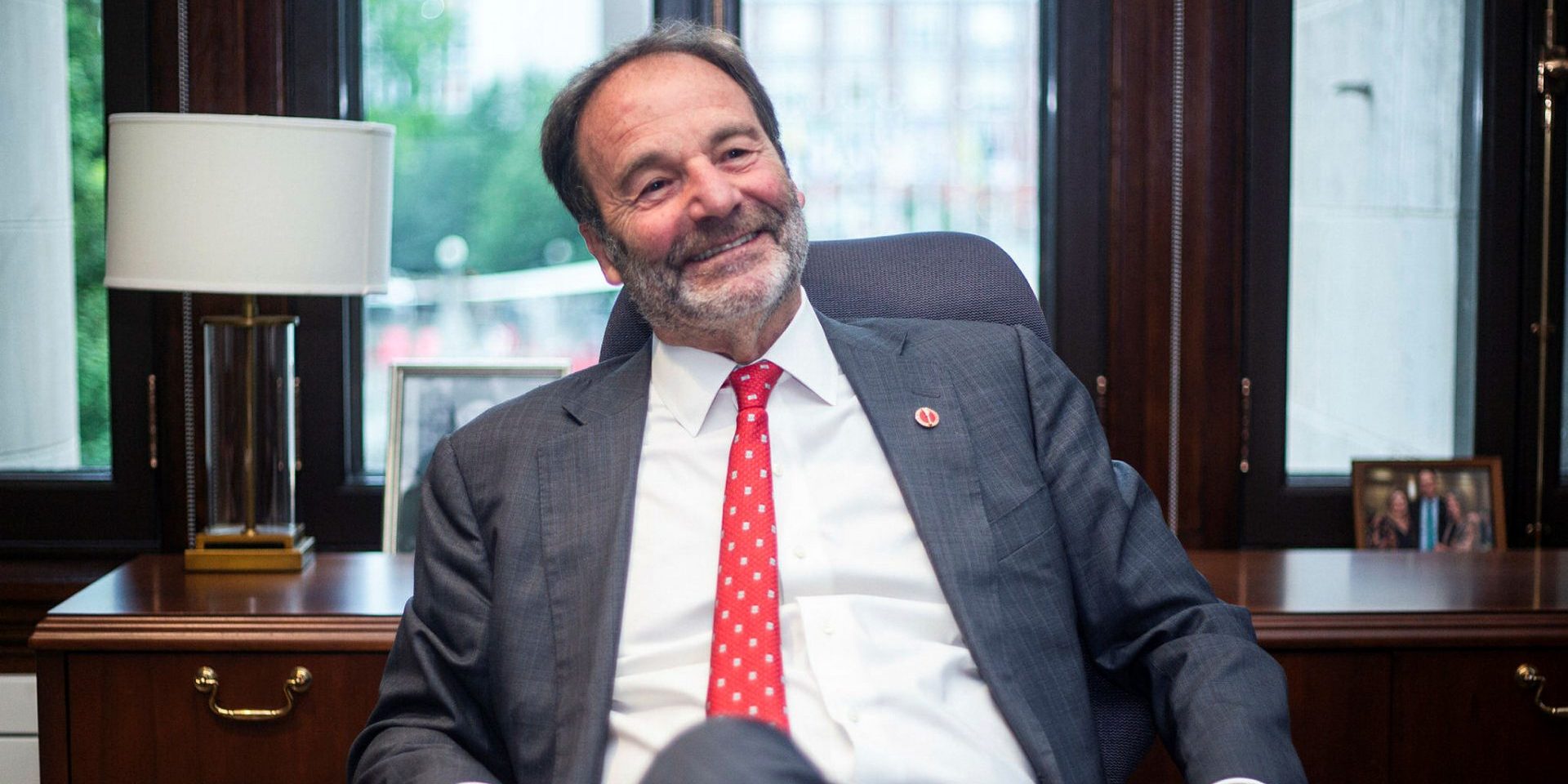
The government’s second-ever representative in the Red Chamber, Quebec Senator Marc Gold has retired. But after more than five years working to shepherd through government legislation and build up credibility and faith in the functioning of the new, modernized Senate, he says he feels good about the legacy—and track record—he leaves behind.
“I’m satisfied that the vision of a more independent, less partisan Senate is a success, that we’re adding value, and my team and I played an important role in that, as has the collaboration we’ve had from” other Senators and Senate leaders who “understand that we are a complementary—not rival—Chamber to the elected House,” said Gold, who sat down with The Hill Times in his office in the Senate of Canada Building last month, shortly before his mandatory retirement on June 30.
Gold came to the Senate from the world of law, having spent his career working as a constitutional lawyer, professor, and in the not-for-profit sector. He’s a former associate dean of York University’s Osgoode Hall Law School, taught law at McGill University, and is a past chair of the Tolerance Foundation (now ENSEMBLE pour le respect de la diversité), and the Jewish Federations of Canada, among other things.
But while he taught constitutional law, Gold said he “never really thought that much about the Senate,” with his courses focused instead on the Constitution itself, the Charter of Rights and Freedoms, and the role of the courts.
“Like many Canadians, I became more aware of the Senate, unfortunately, during the scandals,” said Gold, referring to the expenses scandal that arose in 2012. “It disturbed me because, as a citizen, I think, and in a democracy, our confidence and faith in our institutions is key.”
“All of a sudden, the Senate was perceived, not as an institution that added value, not as an institution where very dedicated people served, but one that was just besmirched.”
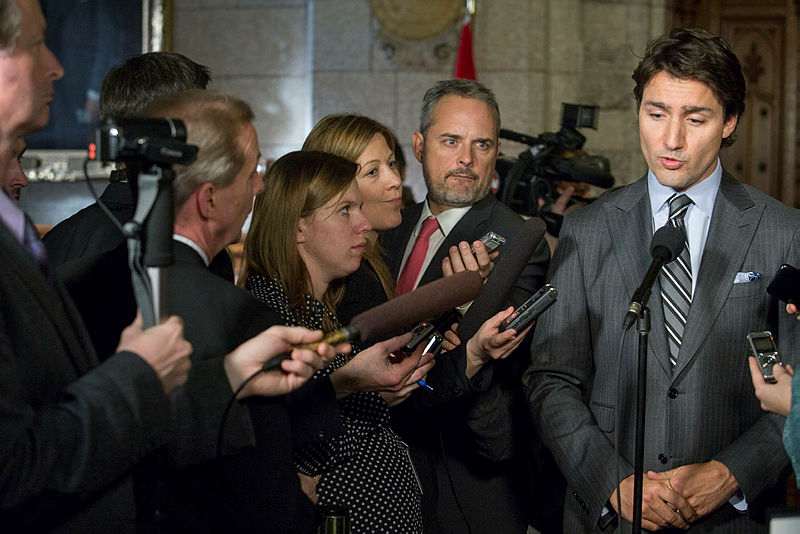
Cut to 2014 and then-Liberal leader Justin Trudeau setting the wheels in motion for Senate modernization, first by removing Liberal Senators from his party’s national caucus, and, after forming government in 2015, by establishing a new independent advisory board appointment process and appointing Senators to sit as non-affiliated members, independent of the partisan machinations of the House.
Gold said Trudeau’s plans for the Senate had “intrigued” him, and filled him with “some hope.”
After encouragement from organizations he’d worked with and friends—former senators and other “political mentors” among them, including John Parisella, who’d been chief of staff to then-Quebec premier Robert Bourassa—Gold decided to apply for Senate appointment.
Gold said it was “truly an arm’s length process, and a bit of a black hole.” He hit send on the application in the early half of 2016, and heard nothing for months until suddenly the call came from the prime minister. “I was thrilled, surprised, and honoured,” he said.
“I’m very happy that I took that plunge,” reflected Gold.
Gold said his knowledge of the Constitution helped him somewhat in getting oriented “a little bit more quickly” in his early days as a Senator—offering a counterbalance to his lack of direct political experience.
Appointed to the Red Chamber in late November 2016, it didn’t take long for Gold to get involved in the then-fledgling Independent Senators Group, which was still working to find its feet in the shifting grounds of the Senate. By the end of 2017, Gold was liaison of the expanding Senate group.
“It was exciting to be part of building something,” said Gold, recalling “stimulating” days spent contemplating “what does it mean to be an independent Senator?” and other similar questions.
Gold hasn’t been a regular member of any committee since becoming the government’s representative in the Senate in January 2020—though, as government rep, he was technically an ex officio member of all Senate standing committees, and had the right to vote—but during his time with the ISG, he served on a number of committees, including the Fisheries and Oceans Committee, which he later vice-chaired; the Legal and Constitutional Affairs Committee; and the Rules, Procedures, and the Rights of Parliament Committee.
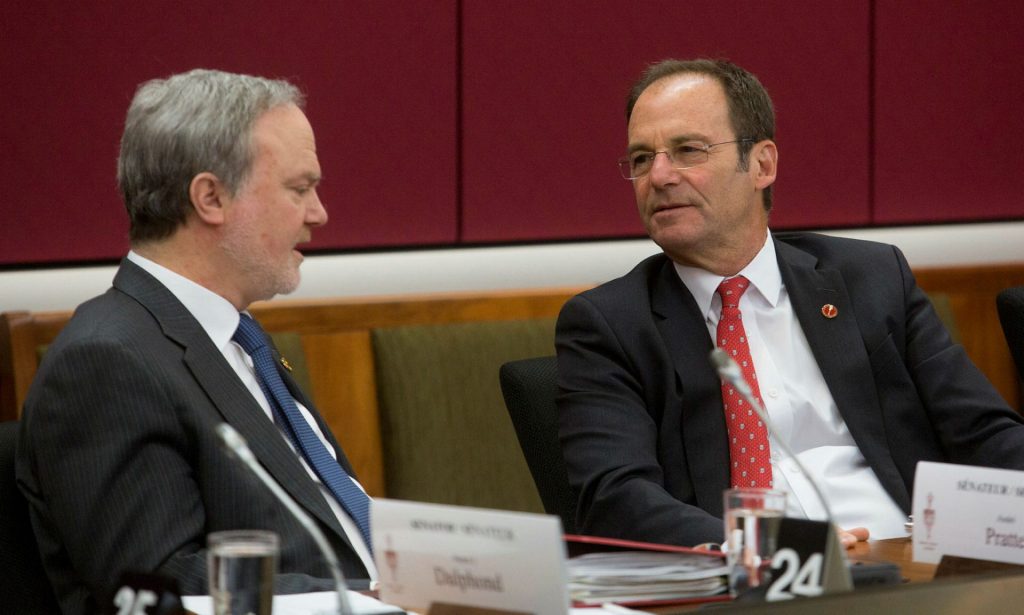
Among the many studies in which he took part, Gold said one of the first he tackled at the Fisheries and Oceans Committee—a years-long, deep-dive into maritime search and rescue operations—stands out in particular, as does his time on the Senate’s Legal Committee.
Gold sponsored his first government bill during those years—C-59, or the National Security Act, which was tabled in 2017 and received royal assent in 2019—an experience he called “extraordinary,” and which offered him a closer brush with then-government representative Senator Peter Harder (Ontario) and his team. “That was a great learning experience,” said Gold.
Stepping into the hot seat
In short succession in November 2019, Harder, then-government legislative deputy Diane Bellemare, and then-government liaison Grant Mitchell all stepped down from the government representative team.
The new year saw much speculation over who would take over the job among media and Senators alike—Gold included. “This place is a rumour mill, so we were all speculating about who the next government representative would be, and I had my little list [of guesses],” he said.
But one day, then-speaker George Furey asked for a meeting. Gold said he went in assuming it was connected to another matter the pair had been discussing at the time; instead, Gold was asked to consider putting his name forward to become the next government rep. “I was just gobsmacked, if that’s the right word,” recalled Gold.
Not long after came a meeting with then (and once again) Privy Council President Dominic LeBlanc (Beauséjour, N.B.), which Gold said he “assumed” was “a bit of an audition.” The meeting went well, and Gold said it became “pretty clear” he’d “made the shortlist.” The call from Trudeau came in short order. Though Trudeau had appointed Gold to the Senate, Gold said they’d only met “once or twice” before at that point, but “had a really good talk.”
“He really understood the Senate, and he understood what he wanted to do, and I guess our visions for the Senate aligned,” said Gold.
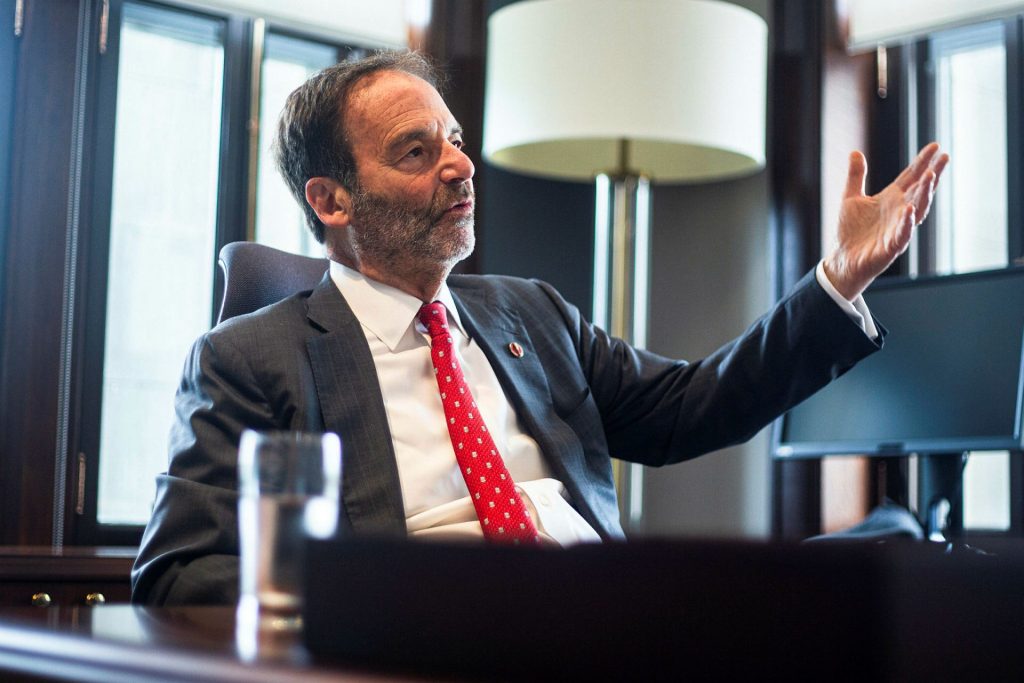
The unique demands of the job would change Gold’s participation and trajectory in the Senate.
Gold said he was initially “nervous” about taking it on. “In my own mind, I didn’t think that I had the political experience or any of that stuff.” But knowing his “values were aligned with what the government was trying to do,” and that he’d have the benefit of the operation that Harder did the heavy lifting of getting established, he ultimately “felt comfortable and honoured to say ‘yes.’”
Though the entire government representative team had turned over, Gold and his new colleagues inherited “the core of the senior [staff] team” that had worked under Harder et al, providing key continuity.
“This is not an easy job … it’s not nine to five, it’s not Tuesday to Thursday,” said Gold, referring to the Senate’s sitting days.
Along with the “enormous responsibility of shepherding the government legislation through the Senate without controlling any votes,” Gold noted he and his Government Representative Office colleagues—currently legislative deputy Senator Patti LaBoucane-Benson (Alberta) and liaison Senator Iris Petten (Newfoundland and Labrador)—are also responsible for representing the Senate’s “interests and its needs to the government.”
“For all those reasons, it’s a very demanding and exigent job,” but one that is “tremendously rewarding,” he said.
As government rep, Gold was given a standing invite to attend the cabinet Operations Committee—something that he said continued under Prime Minister Mark Carney (Nepean, Ont.). In fact, Gold said at the most recent such meeting—held the week of June 16—his chief of staff was allowed to accompany him for the first time.
“You leave your phone outside, and ministers do have their chiefs there but … I was there alone; I reported back as well as I [could],” said Gold. “I think that’s a step in the right direction, and a mark of the credibility and importance that the government attached to the work of this office.”
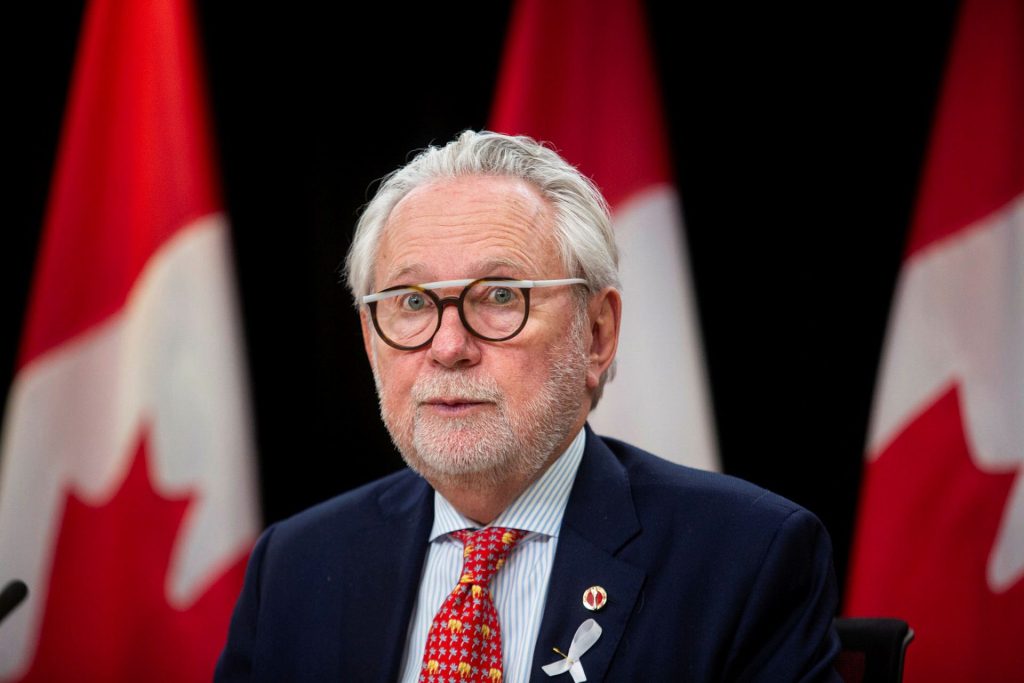
After Harder’s “heavy lifting” to establish the credibility of the office, continuing to gain and maintain “the trust and credibility of the government,” and proving the office could deliver in getting core legislation passed, is something of which he’s “very proud,” said Gold.
“The growing credibility that we’ve developed by being honest brokers with the Senate, and being transparent and trying to model a way of doing politics that is different, and, I think, more compatible with the original vision of the Senate … I’m going to miss this place, but I feel good about what I’m leaving behind.”
Gold’s tenure as government representative has not been without criticism, with opposition complaints over his use of time allocation to get government bills, and other changes, through the Chamber. That list includes a major package of Senate rule changes to recognize and grant equal standing to the new groups established in the modernized Senate, which ultimately passed, on division, in May 2024.
“There’s a lot of co-operation in the Chamber, but there have been moments when [it was] the only way to get things done when there was a large consensus by Senators—and we always worked hard to find consensus,” said Gold. “It’s a legitimate tool that this office has when necessary—if necessary—when all attempts at consensus fails, when things are being blocked unreasonably.”
Asked about his use of time allocation on the 2024 rule reforms, Harder noted the changes were the “product of years of discussion,” and reflected the “overwhelming consensus in the Senate,” but had been consistently blocked from moving forward by the Conservative opposition.
“I don’t accept that it was rammed forward. It was a deliberate, consultative, proper process to bring our rules into line with the legislation [Parliament of Canada Act] that governs us. So, no apologies for that one,” he said.
This past year has seen some quiet rumination among Senators over what the future holds for the institution, initially prompted by expectations the Conservatives would form government. Instead, a new Liberal prime minister has taken the helm. But with the man who got the ball rolling on modernization no longer in office, some questions remain.
Asked for his read, Gold said he “very much hope[s]” Carney “continues on this path of seeing the Senate as a body that’s independent from the control of the PMO,” something Gold said is “core” to “what an independent Senate is.”
“I can’t comment on what adjustments [Carney] may or may not make, that’s not a matter that he and I have had an opportunity to discuss, but I have every hope and expectation that this will continue,” said Gold.
Like many of his former colleagues, Gold isn’t planning to actually retire post-Senate. He’s set to return to McGill as a visiting fellow with its Institute for the Study of Canada, and will teach an insider’s-view course on Canada’s legislative process in the 2026 winter semester. He also plans to flex his fingers on the guitar—an instrument he’s played since the age of 15. Along with spending more time playing with his two existing bands—Hard Knocks, and the Steamfitters—Gold said he has his sights set on starting a third “as soon as the Senate rises.”
The Prime Minister’s Office did not respond to questions regarding the appointment of Gold’s successor by filing deadline.
The Hill Times






 LICENSING
LICENSING PODCAST
PODCAST ALERTS
ALERTS